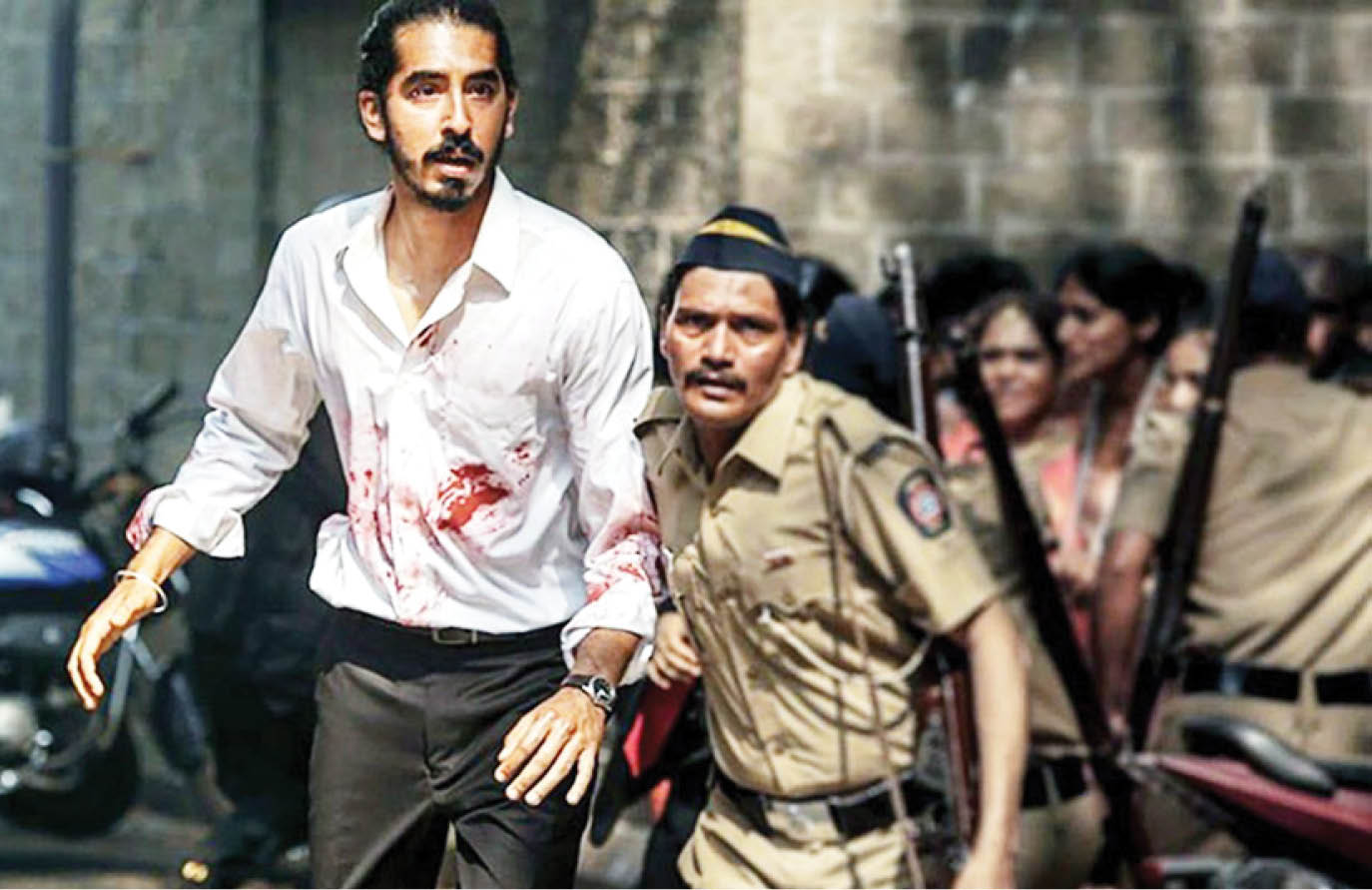The 2018 movie about the terrorist attack in India’s Taj Mahal Palace Hotel is depicted in a manner that’s likely to keep viewers awake for more than just one night. Here’s a review.
In November 2008, a terrorist attack that lasted for hours in India, sending a chill through the country and across the world, resulted in a 2009 documentary that inspired ‘Hotel Mumbai’, a 2018 action thriller directed by Anthony Maras and directed by Basil Iwanyk.
- US removes visa fees for Nigerian citizens
- Kaduna court rejects ASD’s N500m claim from IGP, business mogul
This is the movie the Afro Asia Community Initiative for Development screened in Genesis Cinema, Abuja “to identify with Nigeria” as it grapples with the challenge of crushing terrorism within the country, the organisation’s Vice President, Mr. Kiran M. Gosavi said.

The story spotlights Arjun, a young waiter who is never without his turban, something he would soon have to give up as the plot unfolds in this heart wrenching film.
If you know a thing or two about India and, particularly about its hotels, you may be aware that the Taj Mahal Palace Hotel is a heritage, five-star, luxury hotel historically known as the Taj Mahal Hotel. It’s considered one of the best in the East since the time of the British colonial era in the country.
So, what’s an ordinary workday turns out to be one of bloodletting as terrorists who claim to be fighting a just course under the banner of Islam for their ‘brothers’ killed in Afghanistan attack the Taj Hotel for hours.
From the onset, the terrorists kill people who are mostly foreigners, in a restaurant, and then move on to the Taj Mahal Palace Hotel. There, guests including British-Iranian heiress, Zahra Kashani and her American husband David, with their infant son Cameron and his nanny Sally scurry hide to stay alive (but whether this pays off in the end is an entirely different story.) There’s also an ex-Spetznaz operative, Vasili, among many others.
As guests are gunned down, Arjun dares to help many get out of harm’s way while putting his life at risk. The chief chef’s effort is also commendable as he ensures as many as possible are locked in a relatively safe room.
The film shows how handicapped and inexperienced the Indian police are as they wait for special forces to arrive from Delhi. Meanwhile, the terrorists, ten men under a group called Lashkar-e-Taiba and directed by a man known as ‘The Bull’ launch a protracted siege on the hotel with a view to send a message to the international community. Subtle but clear, this film is a wake-up call to the police in countries like Nigeria where the military always come to the rescue in similar situations.
Finally, ‘Hotel Mumbai’ quickly brings to mind a movie of a similar name that paints a gory picture of the Rwandan genocide, ‘Hotel Rwanda’, and the need to tell these stories for posterity. But fair warning, ‘Hotel Mumbai’ isn’t for anyone who’s simply trying to have a good time.

 Join Daily Trust WhatsApp Community For Quick Access To News and Happenings Around You.
Join Daily Trust WhatsApp Community For Quick Access To News and Happenings Around You.


